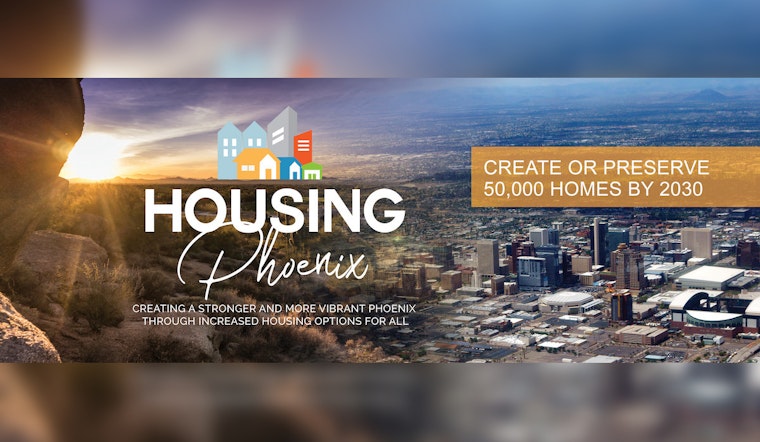As the City of Phoenix strives to address its affordable housing crisis, officials have shared optimistic projections, but a deeper dive reveals the challenges are far from over. According toABC15, Phoenix Mayor Kate Gallego reported during a Work Study Session that the city is close to meeting its ambitious goal set five years ago to create or preserve 50,000 housing units by 2030. As it stands, Phoenix reportedly counts 48,391 units toward this objective, a significant step toward mitigating housing insecurity a problem gripping cities nationwide. “Housing and homelessness was our top priority and today will be a chance to see some of the great investments we have made,” Gallego said in a statement mirroring the city’s commitment to tackling these systemic issues.
However, while Phoenix makes headway with the majority of units falling under the market rate category, the city’s low-income residents find themselves in a dire predicament when it comes to affordable housing options. With a shortfall of 59,000 rental units for those making at or below 50% of the area median income around $46,300 annually for a household of three the stark reality is that progress, although notable, does not evenly distribute across income brackets. According toKJZZ, only two of 10 awarded projects for affordable housing in 2024 were located in Phoenix due to a state focus on rural projects. Samantha Keating, Phoenix s deputy director for housing, described the limitations this emphasis on non-urban developments has imposed on the city’s urban core.
In a broader scope, the city’s efforts extend to converting old hotels into senior citizen housing and maintaining existing affordable units, all part of pushing toward their 2030 target. The city also flagged an incoming residence boom expected to grow by 200,000 households by 2050, escalating the risk of pricing families out if the current trend continues. The implications of such growth are anticipated to disproportionately affect low-income earners, potentially exacerbating the gap between housing costs and household incomes.
Phoenix’s latest housing assessment, facilitated by Bloomberg Associates, spells out the reality in numbers: nearly 52% of all rental households in Phoenix are spending more than 30% of their income on housing costs, as 64,000+ housing units mostly multifamily have been entitled through rezoning actions from March 2019 to September 2024. Even with 20% of Phoenix’s zoned property permitting multifamily development, the city s lowest earners face the most constrained housing options, further emphasized by a dearth of 59,000 units suitable for their economic standing. The price surges in housing, further fueled by a steady population climb during the pandemic years, have led to a bruising 47% increase in median rents and a 56% jump in median sales prices since 2019.
The financial future of housing in Phoenix hangs in the balance as the city pivots from pandemic-era federal aid and grapples with the implications of state-level legislation, including the impending prohibition against collecting sales tax on residential rentals and a shift to a flat income tax. These changes threaten to dilute the city s revenue stream at a juncture when investment in affordable housing is more crucial than ever. Still, the Phoenix Housing Plan remains resolute, brandishing initiatives focusing on zoning ordinance amendments, mixed-income housing projects on city-owned land, and bolstered public-private partnerships to court the goal of sustainable, affordable housing for all its residents.
Note: Thank you for visiting our website! We strive to keep you informed with the latest updates based on expected timelines, although please note that we are not affiliated with any official bodies. Our team is committed to ensuring accuracy and transparency in our reporting, verifying all information before publication. We aim to bring you reliable news, and if you have any questions or concerns about our content, feel free to reach out to us via email. We appreciate your trust and support!



Leave a Reply